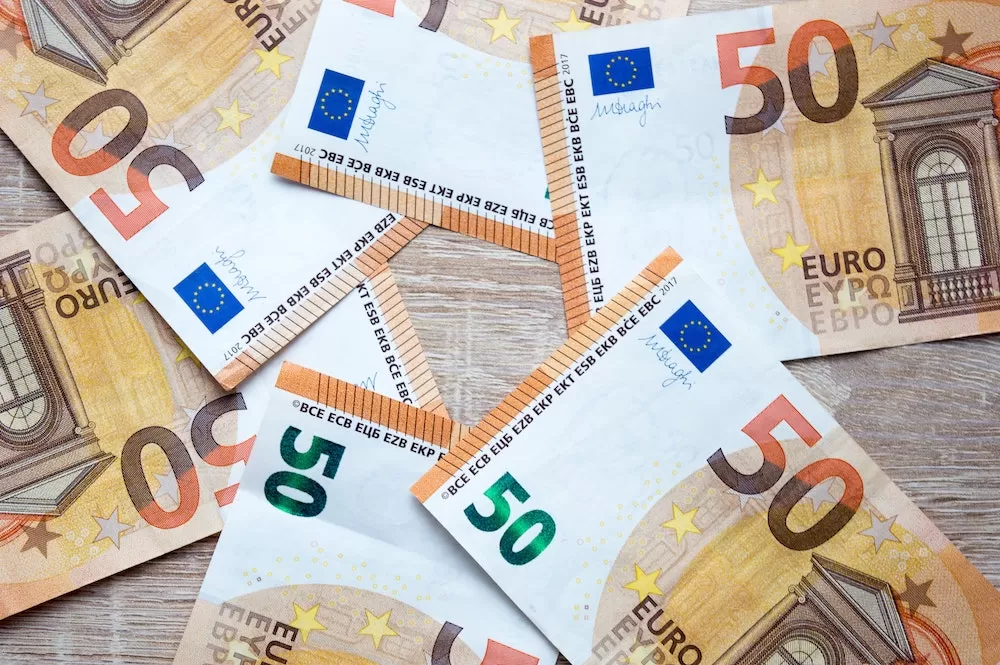Do you know what's a good investment? Buying a
property in the Netherlands. Not only will you acquire your own place in this gorgeous country, but it's bound to benefit your real estate needs in the long run too. The only problem is... can you even afford to buy a property in the Netherlands? If not, there's always the option of getting a mortgage here. And don't worry! Though it may seem intimidating, the process of getting a mortgage in the Netherlands is simpler than you think. Here's what you ought to know about it.
Does Your Residency Status Matter?
Since you're allowed to buy a new property in the Netherlands as a non-resident, you can probably get a mortgage here too, right? Well, not necessarily! Though your residency status doesn't matter when it comes to purchasing an apartment or a house in the Netherlands, it does when it comes to applying for a mortgage. Why? Because among the many requirements Dutch banks and other financial institutions will look for, your residency permit is one of them. And you can only get that if you've legally
relocated to Amsterdam, Rotterdam, or any other place in the Netherlands.
What are The Legal Requirements?
Speaking of the legal requirements, what do actually need in order to apply for a mortgage in the Netherlands? As already mentioned, your residence permit is one thing. The others include identification (your valid passport will do) and proof of income. It will also help if you opened a
local bank account in any Dutch bank as well. As for your proof of income, your best bet is to show proof of employment. Your employment contract is the best example since it will also show how much you earn in that job.
What are The Different Types of Mortgage in The Netherlands?
Here in the Netherlands, there are different types of mortgages to choose from. The most common of which is the
lineaire hypotheek, or the linear mortgage. With this type, you repay a fixed amount of your loan each month, which also covers the interest and part of the capital. As it's the most stable kind, it's what most buyers and homeowners go for. Alternatively, there's also the
annuïteiten hypotheek, or the annuities mortgage. This deal allows you to repay the loan in smaller amounts but with higher interests, and as time goes by, your repayments grow higher while you're interest becomes smaller.
What are The Mortgage Rates in The Netherlands?
Now, let's talk about the mortgage rates in the Netherlands. Though the rates are currently low, they vary depending on the time frame of your loan. For example, if you have a five-year fixed mortgage, your rate will likely range from 1.7% to 2.2%. If it's a ten-year fixed mortgage, the common interest rates will be around 2.2% to 2.57%. And for twenty-year fixed mortgages, the interest rates will be from 2.65% to 3.4%. Do note that if your property value increases over time, you'll also be eligible for lower interest rates!
What are the Costs of Getting a Mortgage Here?
Just like when you're buying a property in the Netherlands, getting a mortgage here comes with its own set of costs. Some of them are
taxes, legal charges, fees, and the like. Specifically, these are mortgage arrangement fees, mortgage contract fees, notary charges, the National Mortgage Guarantee, the transfer tax, valuation fees, and insurance fees. You'll need to pay all of these before the financial institution can give you a mortgage loan. But don't worry. Some of these payments are also already connected to your property purchase.
Can You Refinance Your Mortgage?
Unbeknownst to many, especially foreigners, you can actually refinance your mortgage here in the Netherlands. In fact, it comes with a lot of benefits such as lower monthly payments, a smaller term for your mortgage, and getting equity for your home, among many others. Of course, your eligibility for this will depend on the kind of mortgage you currently have. And in these sorts of situations, you're better off hiring a mortgage advisor to help you with your options. They'll also assist you throughout the entire process.
Getting a mortgage in the Netherlands isn't as complicated as you might think. It's a pretty meticulous and serious process, sure, but if you know more about it, you'll realize that it's not that daunting a task!



